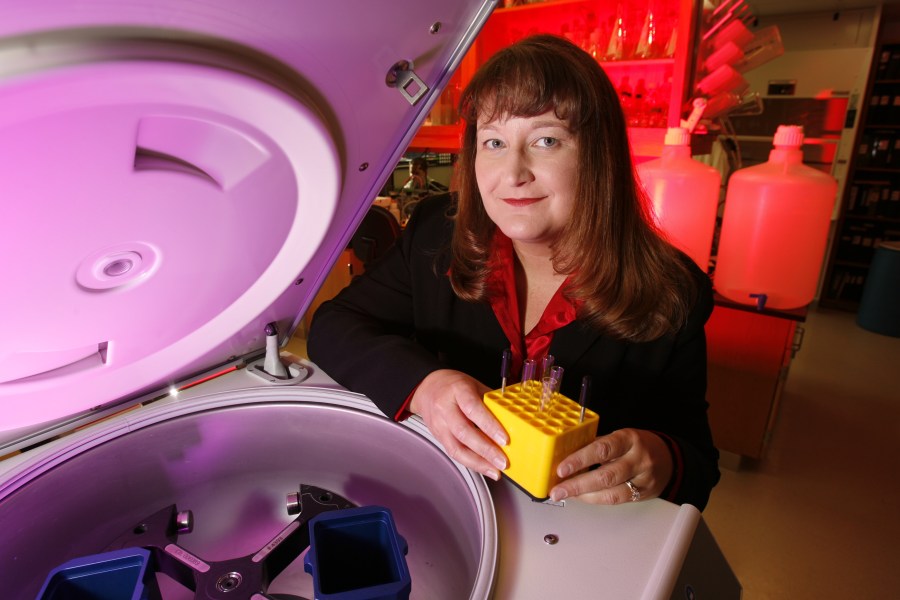OKLAHOMA CITY (KFOR) – While there are no confirmed cases of the coronavirus in Oklahoma, the Oklahoma Medical Research Foundation says you should be prepared for the outbreak to reach the state.
OMRF President Stephen Prescott, M.D., says even though the virus is new, the most effective means of prevention are not.

“The best ways to protect yourself are the simple ones you hear every cold and flu season: Wash your hands as often as you can stand, and keep them out of your eyes, nose, and mouth,” said Prescott, a physician and researcher.
Alcohol-based sanitizers also kill the virus, but you need to make sure they contain at least 60 percent alcohol.
According to OMRF, the virus spreads through tiny viral droplets, which are passed from one person to another through mucus or saliva. Those who are infected can transmit them by coughing, sneezing, talking, or breathing.
“If you can smell what someone ate for lunch, you’re probably inhaling what they’re exhaling, including droplets,” said Prescott. “And you certainly want to keep ample distance if someone is exhibiting cold or flu symptoms.”
Prescott says if possible, maintain personal space.
“But there’s no need to wear a mask, as they haven’t been shown to guard against droplet infection,” he said.
Researchers say the virus also survives on surfaces for a significant period of time. You are at risk of infection if you a surface and then put your hand in your nose, mouth, or eyes.
In severe infection cases, doctors administer supportive care, primarily oxygen therapy. Antibiotics are also used to prevent secondary infections.
“While there are currently no treatments approved specifically to treat the condition, remdesivir, an investigational antiviral drug not yet approved the FDA, has shown promise in animal models of other serious coronaviruses,” said Judith James, M.D., Ph.D., an immunologist and vice president of clinical affairs at OMRF.

Remdesivir is one of several therapies currently undergoing clinical trials for treatment of Covid-19. Trials of a vaccine are scheduled to begin in the spring.
“The process will take time,” James said. “But with our knowledge of coronaviruses and biomedical research expertise, developing a preventative vaccine stands as an attainable goal.”










































